Energy Subsidies - Why Egypt has to act now
2013
Mar 12th
At Youth Leader/ Civic Education Center
The 14th Cairo Climate Talks event saw a lively discussion on the growing demand for energy in Egypt in light of its limited supply, and highlighted the necessity and challenge of reforming current energy subsidy policies.
Current energy consumption in Egypt is both irrational and unsustainable, and panelists agreed there is a dire need to develop a rational energy plan. They also stressed the importance of not delaying and of tackling this looming issue immediately.
His Excellency, Michael Bock, German Ambassador to Egypt, began the discussion, remarking, “The limited supply of energy in face of growing demand has become a domestic issue of immense importance which threatens to overwhelm the society of Egypt. The problem of energy procurement in Egypt must be solved.”
Eng. Omneya Mostafa Kamal Sabry, Vice Chairman for Technical Affairs, New and Renewable Energy Authority (NREA) welcomed the participants on behalf of the Minister of Electricity.
“The problem today is availability, Egypt has a shortage of oil and gas and we are an importing country,” Dr. Tamer Abou Bakr, Chairman of the Energy Unit at the Federation of Egyptian Industries, said. Out of 77 million tons consumed, Egypt imports 30 million of these – 15 in liquid form and 15 in gas.
Dr. Hafez Salmawy, Managing Director of the Electrical Utility and Consumer Protection Regulatory Agency, said the residential sector is the highest consumer of energy in Egypt, noting, “Residential consumers account for close to 50% of the peak demand for electricity.”
The history of subsidies in Egypt was shared by Dr. Samir Radwan, former Minister of Finance, “Contrary to what many people believe, the subsidies started during the Second World War, but were at a very modest level. Since then, they have increased, and currently consume 27.3% of the budget expenditure. If there are no reforms, this will go up to 30%. It is an unsustainable situation, as over a quarter of the budget is allocated to wages and a further quarter is allocated to interest. Little money is left over for schools and roads,” he described.
“We are running an irrational system that is a drain on the resources of our country, which cannot really afford this. Institutionally, we have a fantastic Egyptian problem: to divide the responsibility. Everyone talks about the problem and nobody does anything about it. We are making excuses for inefficiency” Dr. Radwan said.
This situation is continuing due to several problems, explained Dr. Radwan. Firstly, the Egyptian subsidy system subsidizes a commodity, not a consumer or an industry, which is the basis of the problems Egypt is now facing. Secondly, there is no proper method of calculation. “We are running a spaghetti ball – going around and around in circles with different ministries and we cannot get out of this unless we separate the debts of the different ministries,” he added.
Commenting on the fairness of the subsidy system in Egypt, Dr. Radwan noted, “We are not subsidizing the poor. We have what we call the Cairo bias – we are heavily favoured here. By the time you reach cities in Upper Egypt such as Qena and Aswan, there is nothing left, they suffer and it is not fair. A two-tier system of pricing is needed as is an energy policy,” he stressed.
Dr. Albrecht Kaupp, Senior Policy Advisor GIZ at the German Ministry for the Environment, Nature Conservation and Nuclear Safety, noted Egypt’s increased vulnerability since becoming an energy importer.
“When Egypt was a net exporter of gas and oil, you could dictate prices for home consumption. Egypt has continued to supply its population with low prices, but over the years the situation has changed completely. First, Egypt ran out of oil to export, then they ran out of oil for their own consumption, and now have to import. Egypt is no longer in control of dictating the prices and may be taken advantage of by suppliers,” he explained.
When asked how Egypt could overcome the challenge created by energy shortages and if there is any alternative to increasing prices, Dr. Kaupp noted he saw no other way out of the situation than by somehow increasing the price for certain costs.
“It’s not always about just giving subsidies, you could give financial incentives for investors who instead of generating a kilowatt/hr., save a kilowatt/hr. We call it energy efficiency, but all of a sudden the industry will learn they earn more in saving than in buying and selling and become more competitive,” Dr. Kaupp explained.
“A problem over the years was that the regulators advice was opposed or overturned. Let him rule and do his job, and accept it. He will come up with a proper, fair and transparent distribution of the subsidies. Without subsidies or cost subsidies, you cannot do it. No country can have an energy sector without cost subsidies,” said Dr. Kaupp.
Dr. Kaupp recommended increasing civil society’s awareness of the true price of energy. “Households haven’t seen the real price of energy for 30 years, and it would help a lot for everyone to recognize that electricity, oil and gas is not as affordable as we thought,” he said.
This idea was echoed by Dr. Radwan, “The public is not aware of the supply side – where does the supply come from? We have to raise awareness to really get to the bottom of the problem; we cannot just focus on the pricing.”
Furthermore, Dr. Rawan noted, instead of subsidizing fossil fuels, moves should be made to subsidize renewable energy.
Dr. Mohamed Sobki, Director at the Energy Research Center at Cairo University, stressed the urgency of acting now. “We are facing a situation where we cannot rely on our own resources and we need new policies for energy subsidization,” he said.
“We are addicted to subsidies because we have been subsidized in many activities for over 60 years. The government is taking an unnecessary motherhood role in doing this and we need to grow out of it. Subsidies were acceptable when we were a net exporter and had ample supply, but now we need to take care of ourselves in a more efficient, rational way,” he explained.
Commenting on how to reduce demand, Dr. Salmawy said, “Subsidy is a development idea. It is not something for life, it should be temporary. There are different approaches to reducing demand – a volunteer approach, where consumers cut down on usage during peak hours, rotating blackouts and demand-side management for other sectors,”
With a lack of money to invest in increased demand, energy shortages are once again forecast for the upcoming summer. When queried on what will happen this summer, Dr. Salmawy acknowledged the situation will be like last summer, with regular shortages leading to frequent blackouts.
But consumers also bare responsibility, as pointed out by Dr. Sobki. “We, as energy users, need to be part of the solution and we have a responsibility to be part of the solution. By simple calculations, if each of the 24 million residential customers considered switching off one or two lights during peak hours, not even turning off AC’s and washing machines, just lights, we would save 2400 megawatts, which is the expected shortage for this upcoming summer,” Dr. Sobki explained.
“The solution is not always the responsibility of the suppliers, so let us use our energy in a more rational way,” Dr. Sobki concluded.
Meet our Panelists
Dr. Hafez Salmawy
Managing Director Electrical Utility and Consumer Protection Regulatory Agency
Eng. Sherif Ahmed Sherif
Head of Research and Information Unit Ministry of Industry and Foreign Trade
Dr. Mohamed El Sobki
Director Energy Research Center Cairo University
Dr. Tamer Abou Bakr
Chairman of the Energy Unit at the Federation of Egyptian Industries
Dr. Alia El Mahdy
Professor of Economics Cairo University
Dr. Albrecht Kaupp
Senior Policy Advisor GIZ at the Federal Ministry for the Environment, Nature Conservation and Nuclear Safety
Meet our Moderators
Eng. Emad Ghaly
Energy Expert
Mr. Sönke Siemon
Deputy Head of Mission, German Embassy
H.E. Dr. Yasmin Fouad
Minister of Environment
Mr. Nikolaus Supersberger
Sector Coordinator for renewable energy and energy efficiency in the field of German Development Cooperation and the Head of the JCEE
Dr. Sabah Abdel Razek
General Director of the Egyptian Museum
Venue / location
At Youth Leader/ Civic Education Center
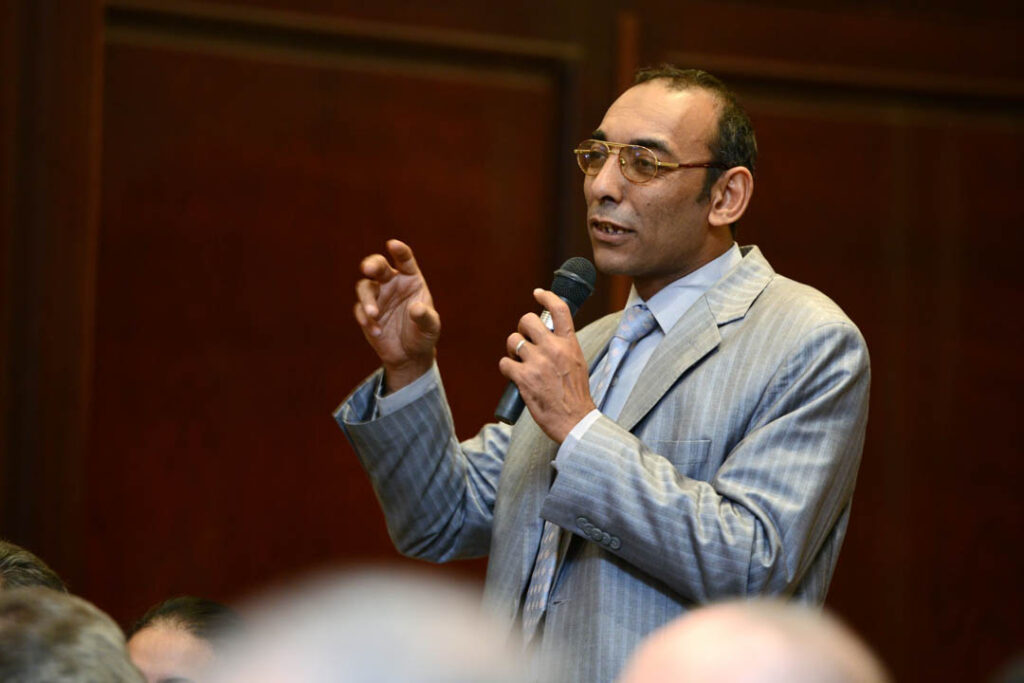
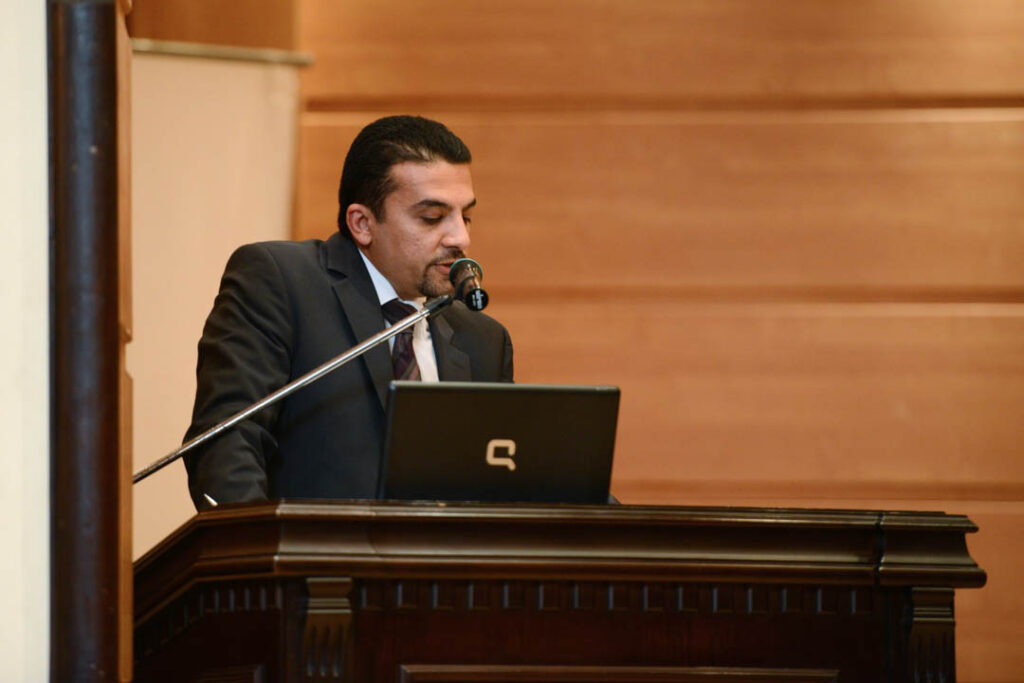
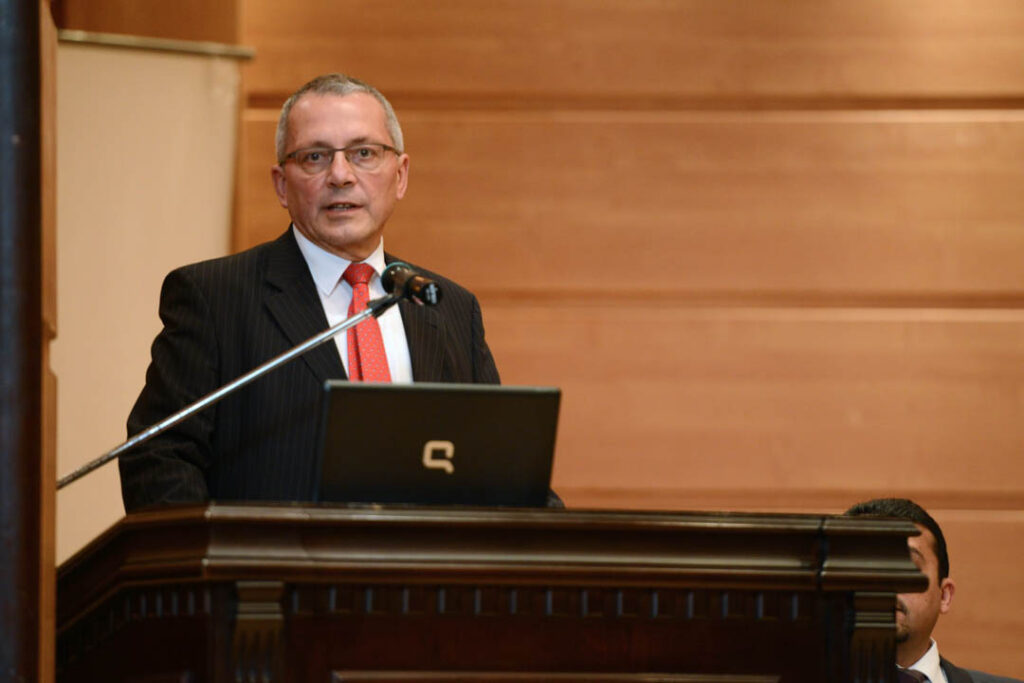
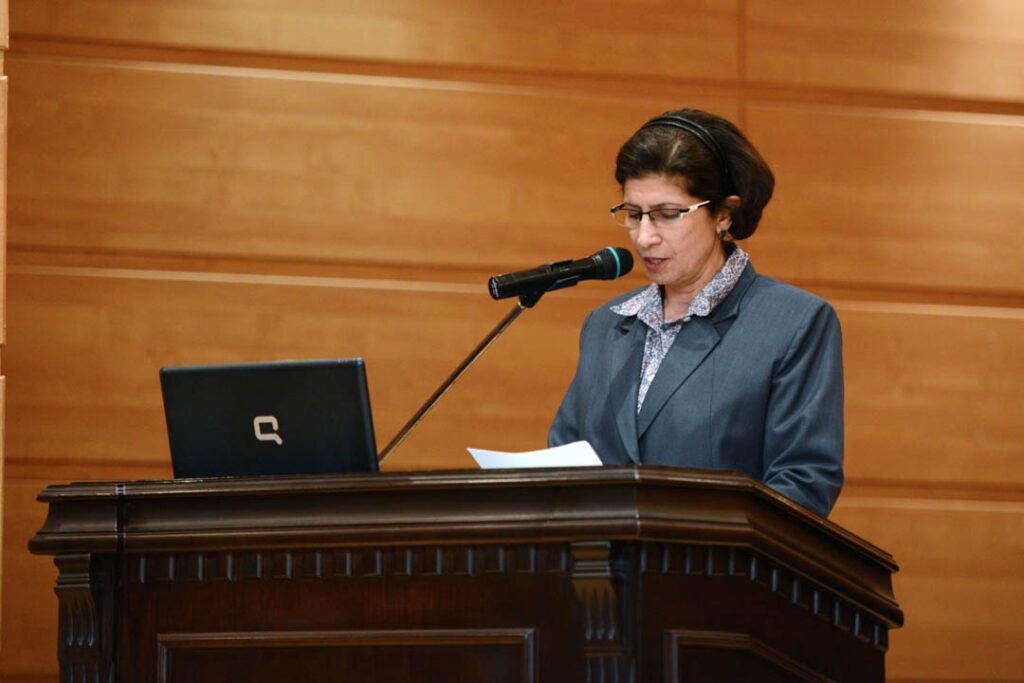
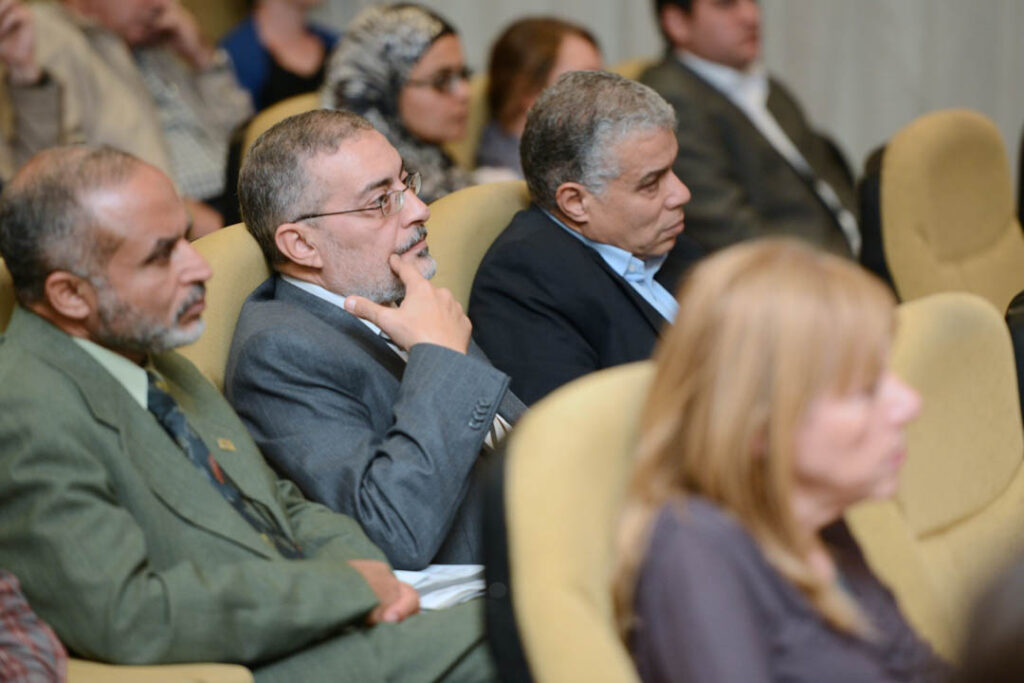
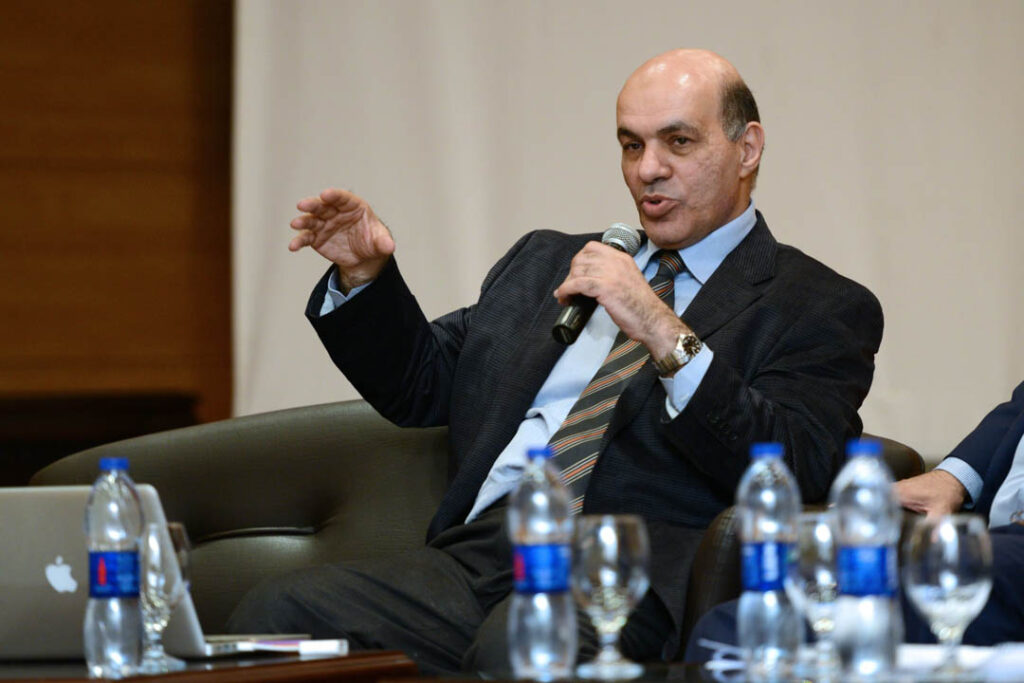
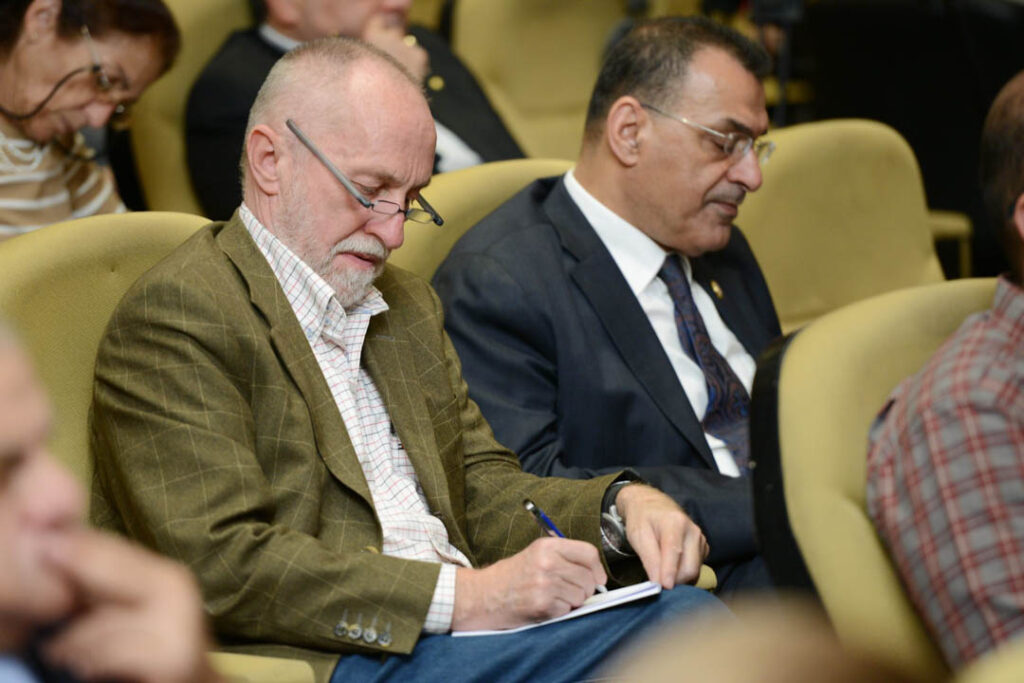
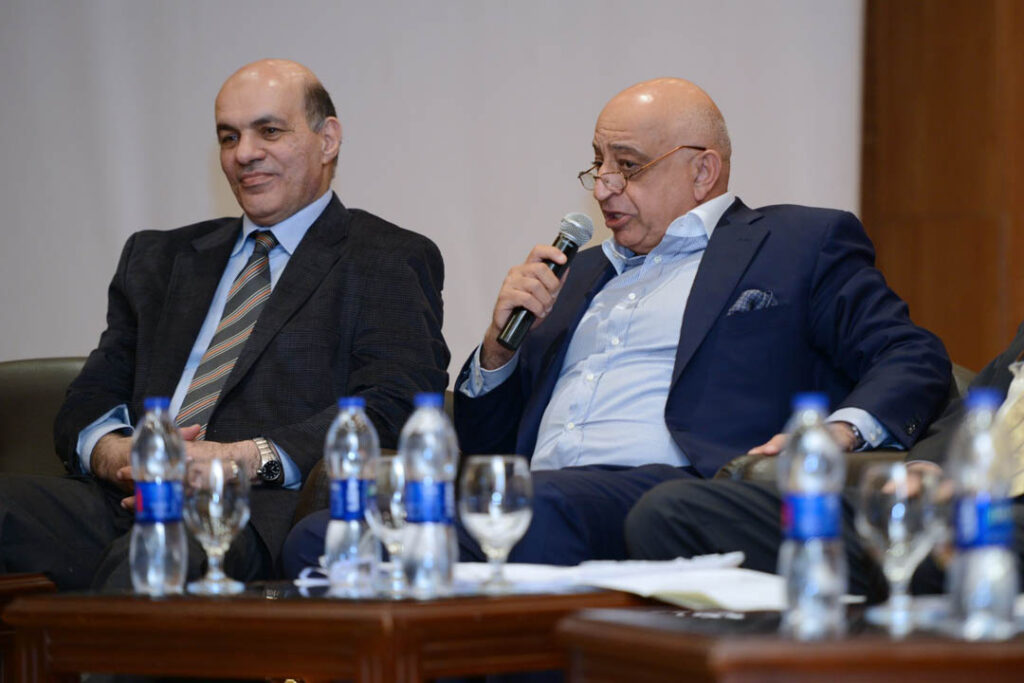
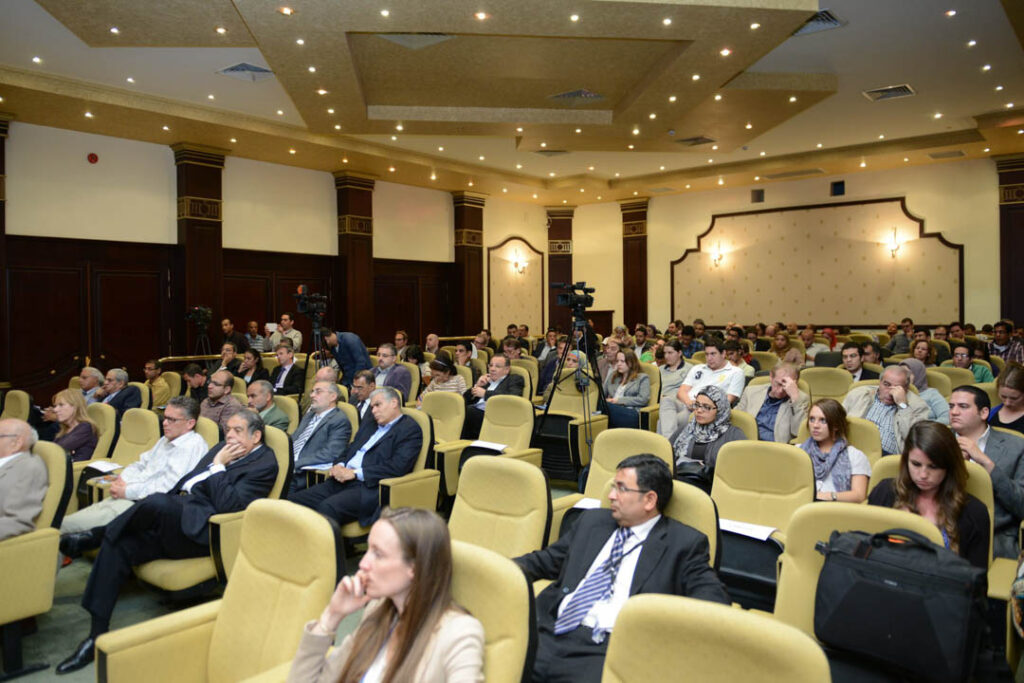
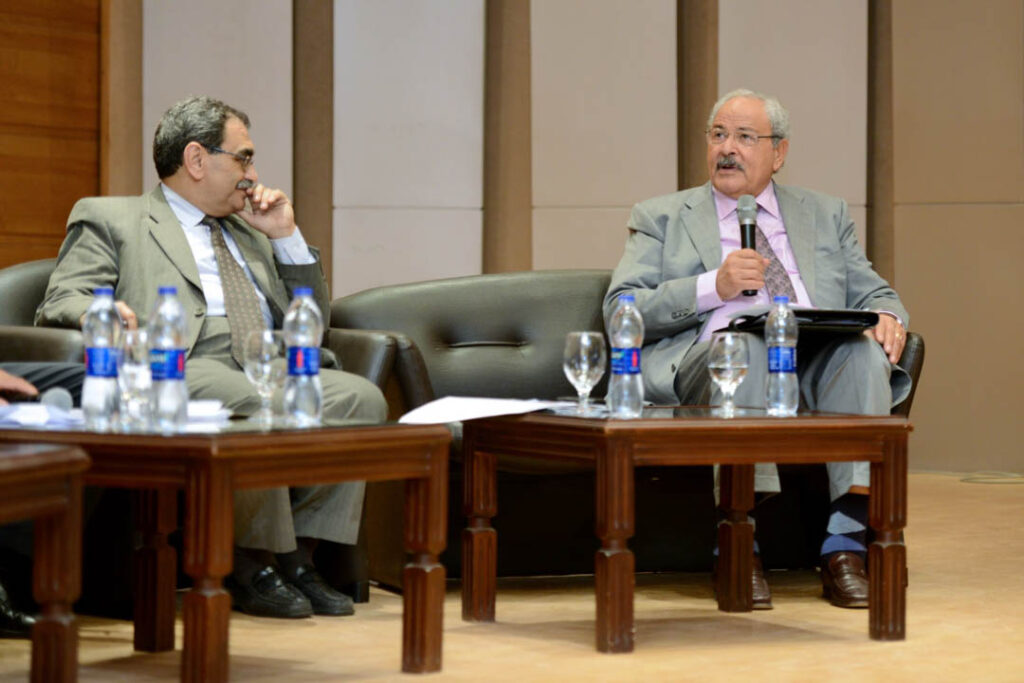
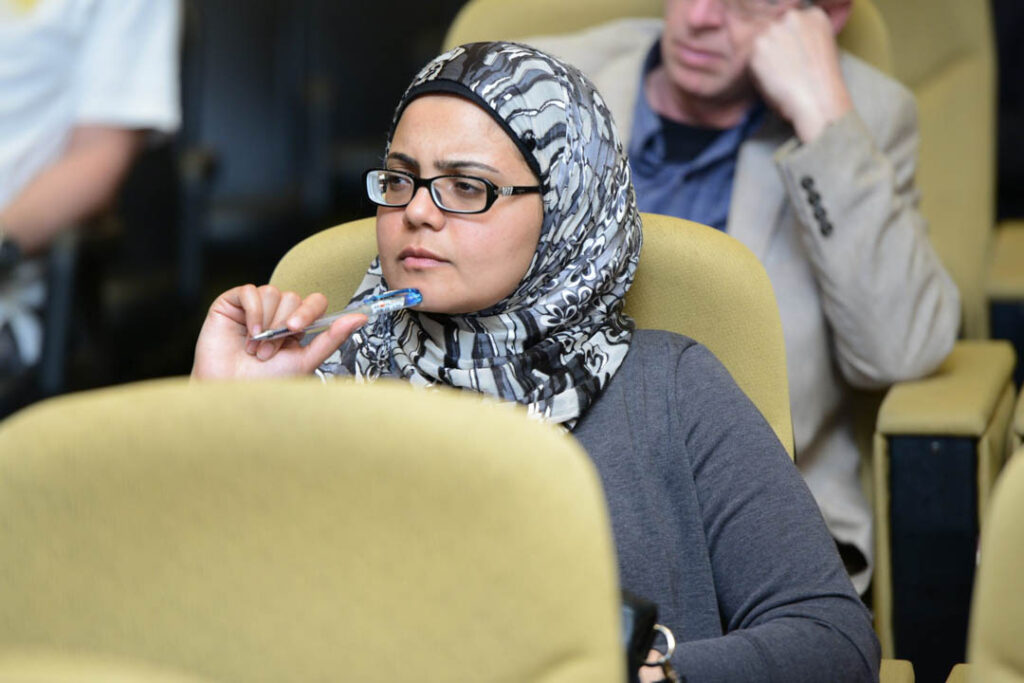
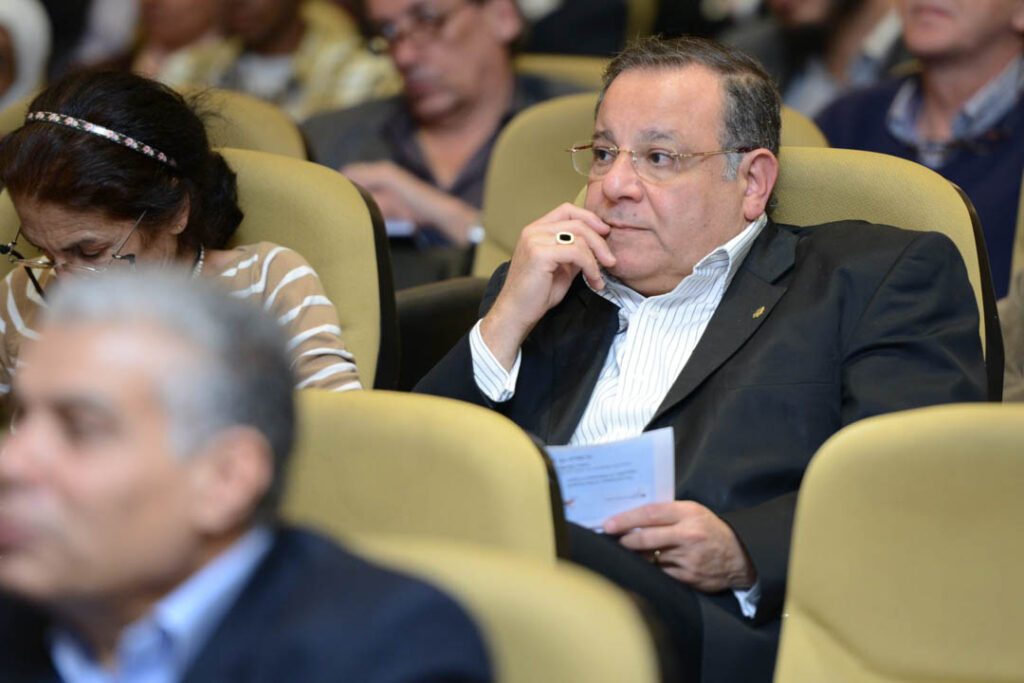
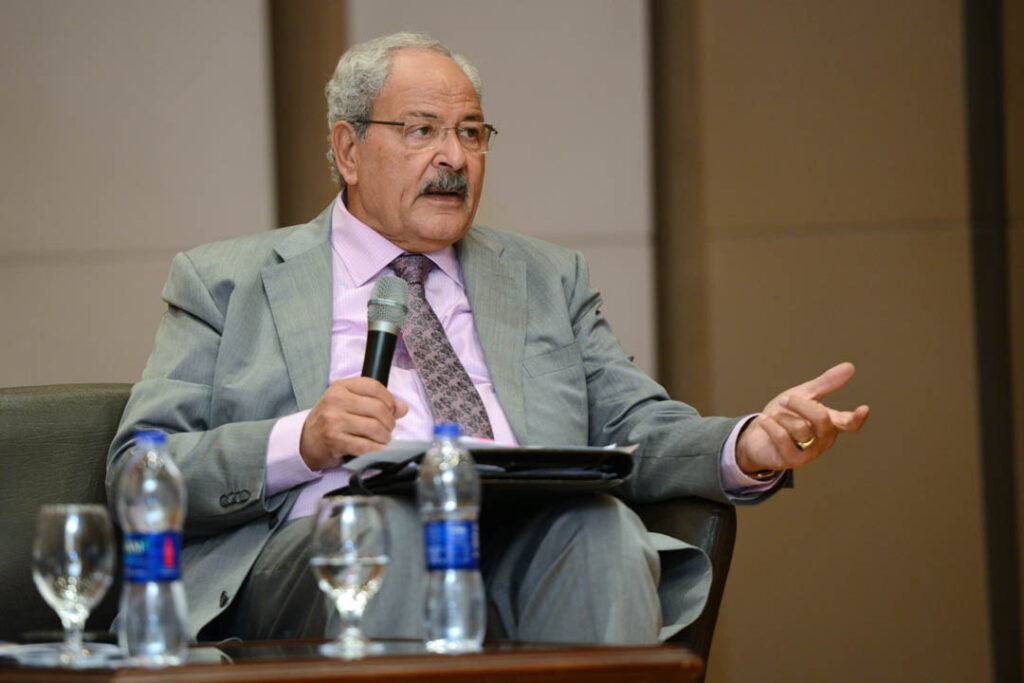
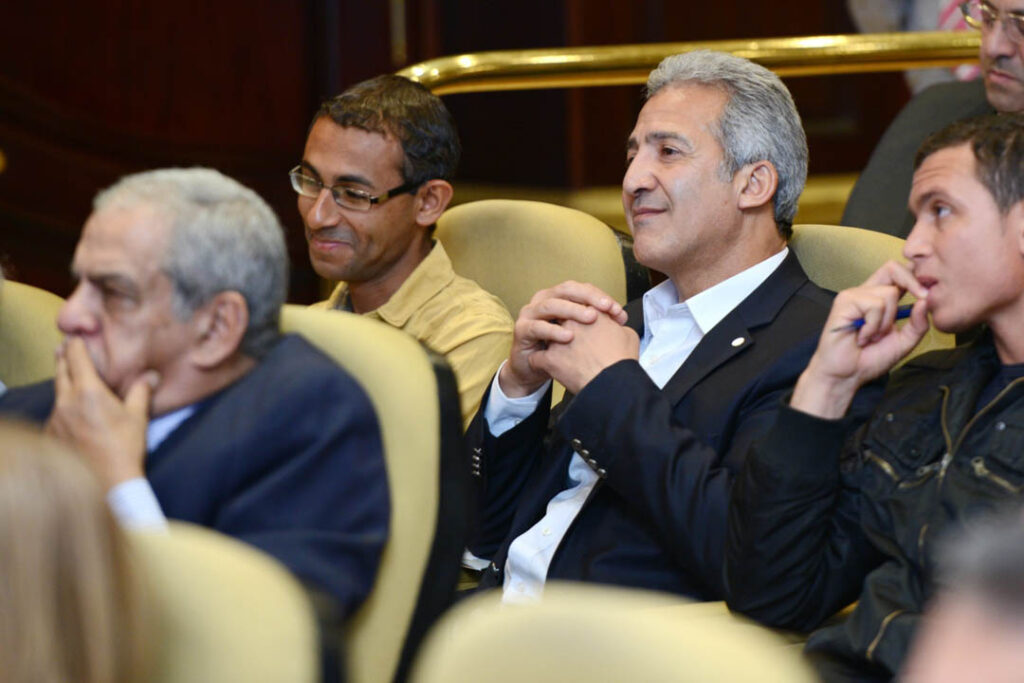
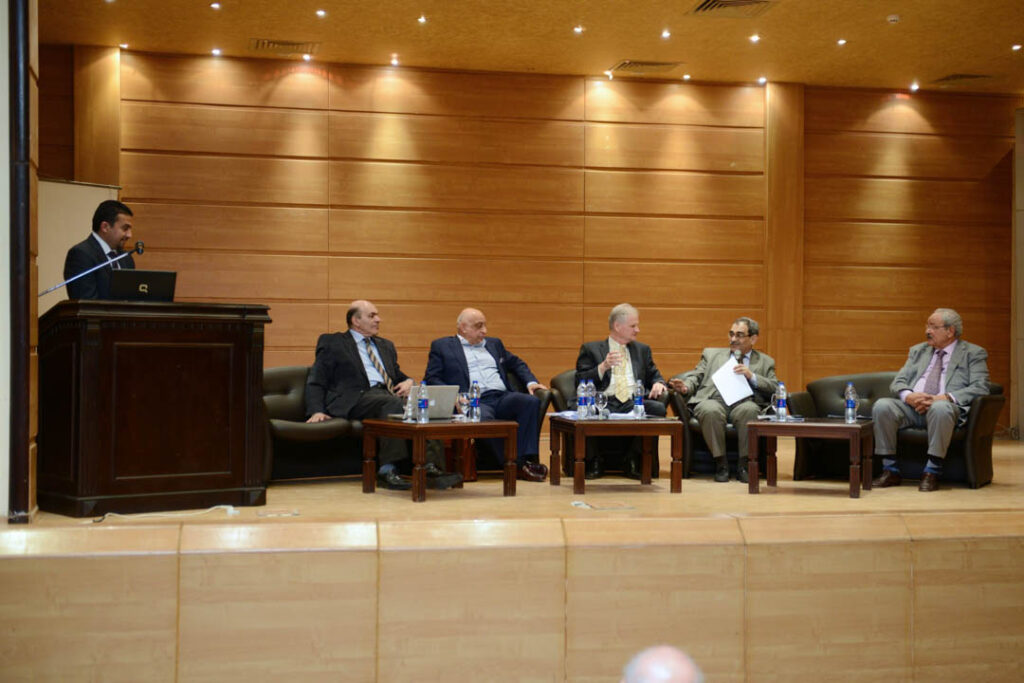
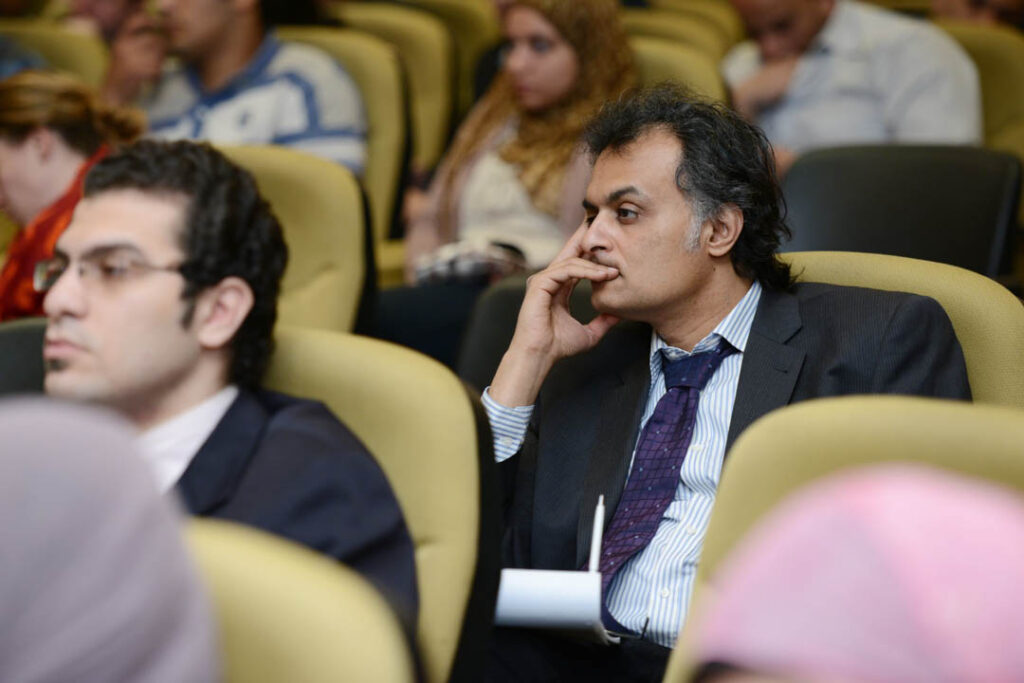
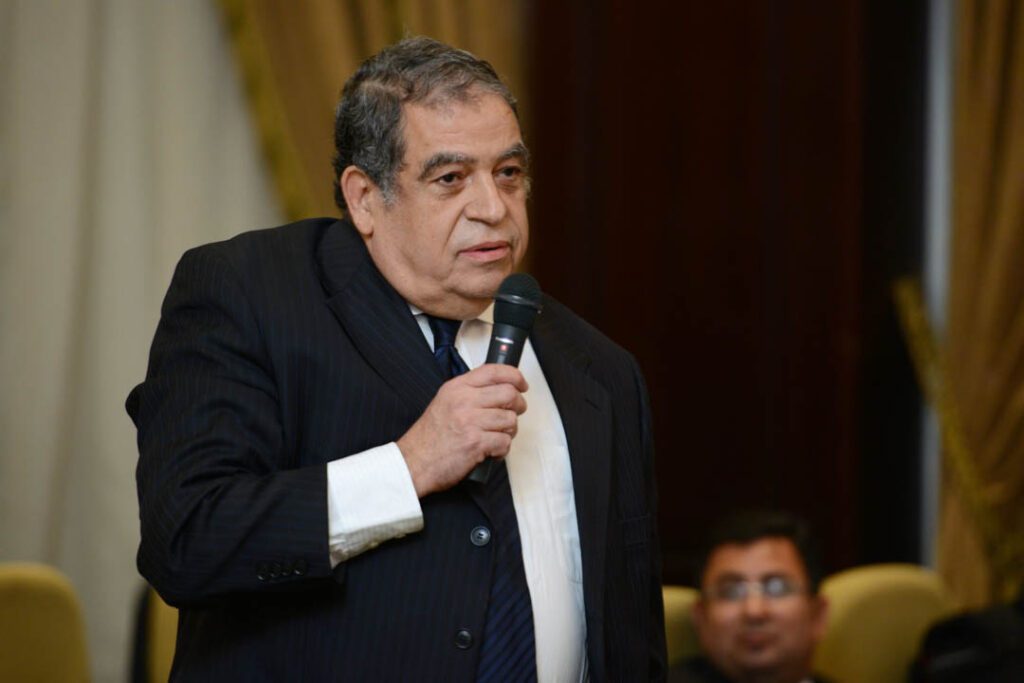
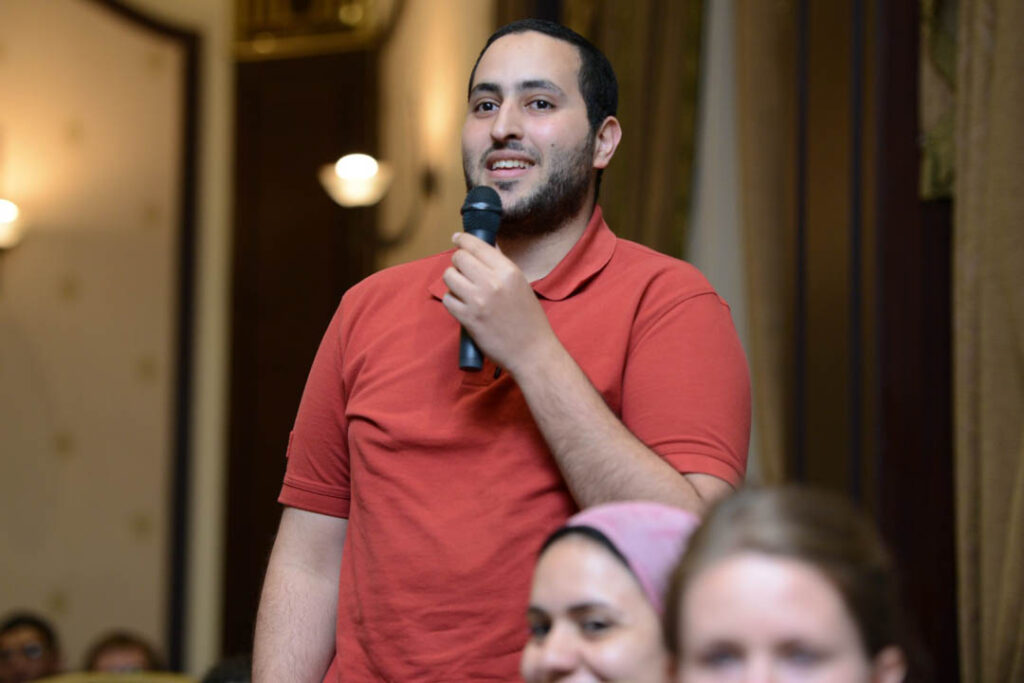
Are you interested? Don’t miss out by registering to our events. We hope to see you there.
